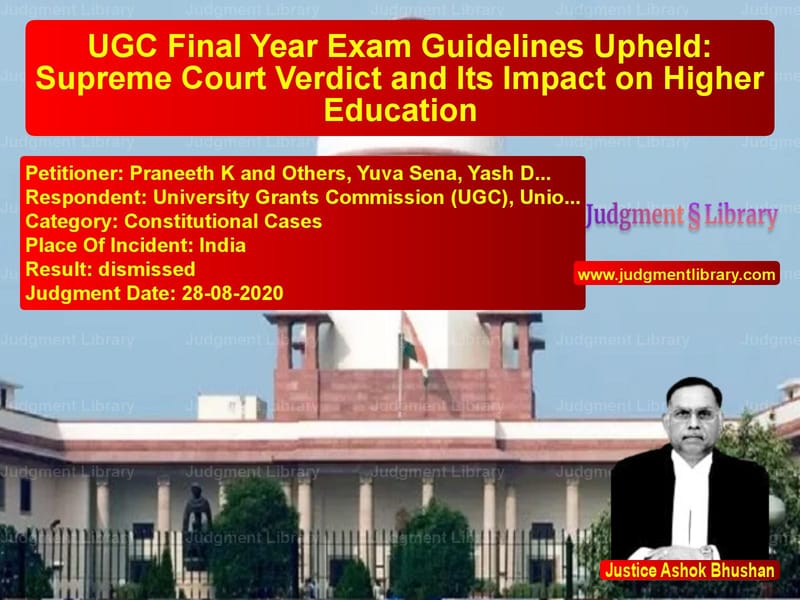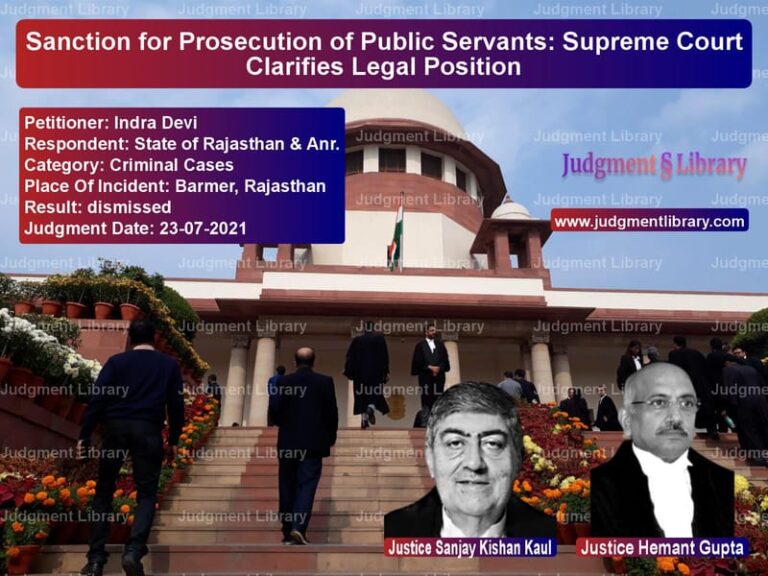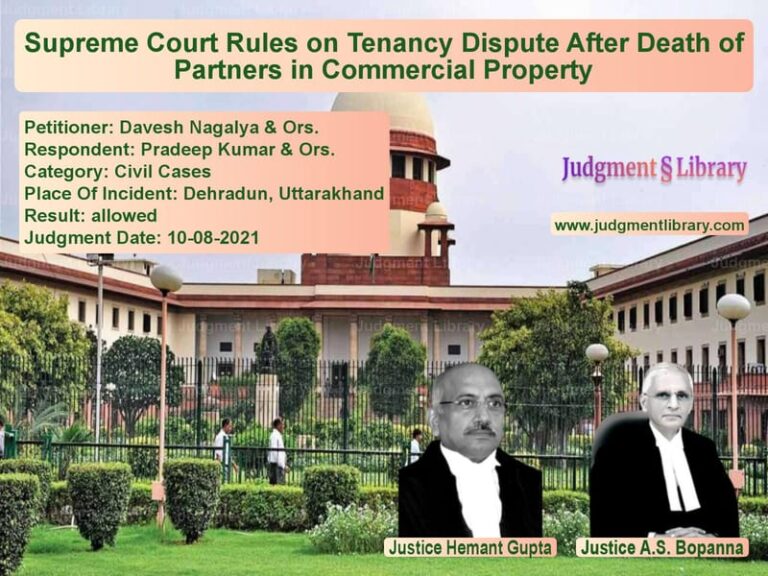UGC Final Year Exam Guidelines Upheld: Supreme Court Verdict and Its Impact on Higher Education
The Supreme Court of India, in its landmark judgment on August 28, 2020, ruled in favor of the University Grants Commission (UGC) guidelines that mandated final year/terminal semester examinations for undergraduate and postgraduate students by September 30, 2020. The verdict came in response to multiple writ petitions filed by students, youth organizations, and state governments challenging the directive amid the COVID-19 pandemic.
The petitioners sought relief from compulsory final exams due to safety concerns, arguing that the pandemic had disrupted students’ academic progress and mental health. The UGC, however, defended its stance, asserting that degrees could not be awarded without examinations as per academic standards and university regulations.
Background of the Case
With the COVID-19 pandemic leading to prolonged lockdowns, educational institutions across the country suspended physical classes and examinations. On July 6, 2020, the UGC issued revised guidelines directing all universities to conduct final year exams via online, offline, or blended modes before the end of September. The guidelines faced opposition from various quarters, including state governments, which had already announced degree promotions based on internal assessments.
Several student organizations and political leaders challenged the UGC directive in various High Courts, claiming that the guidelines were arbitrary and failed to consider students’ safety and accessibility issues. The cases were eventually transferred to the Supreme Court for final adjudication.
Petitioners’ Arguments
The petitioners raised the following concerns:
- Health Risks: Conducting physical exams during a pandemic posed severe health hazards to students, faculty, and invigilators.
- Digital Divide: Many students, especially those in rural areas, lacked access to stable internet connections, making online examinations unfeasible.
- State Authority: States like Maharashtra, Delhi, and West Bengal argued that the Disaster Management Act, 2005, allowed them to override UGC guidelines in the interest of public health.
- Alternative Evaluation: The petitioners contended that students could be assessed based on past academic performance and internal assessments instead of written exams.
Respondents’ Arguments (UGC and Union of India)
The UGC, represented by Solicitor General Tushar Mehta, presented the following counterarguments:
- Maintaining Academic Standards: Degrees could not be awarded without proper evaluation, as it would affect students’ credibility in the job market and higher education admissions.
- Flexibility in Examination Mode: The guidelines allowed universities to conduct exams through offline, online, or hybrid formats, addressing concerns of accessibility.
- State Governments’ Overreach: The Disaster Management Act did not empower states to override UGC’s statutory mandate under the UGC Act, 1956.
- Precedent of Conducting Exams: Many universities had already successfully conducted exams using various methods.
Supreme Court’s Observations
The Supreme Court, while examining the validity of the UGC guidelines, made the following key observations:
- The Disaster Management Act does not grant states the power to unilaterally cancel UGC-mandated final year exams.
- Final year exams play a crucial role in ensuring academic credibility and cannot be replaced solely by internal assessments.
- While states may request an extension of the deadline, they cannot grant degrees without conducting exams.
- The flexibility provided by the UGC guidelines ensured that students had multiple modes to complete their exams safely.
Important Verbatim Observations by the Supreme Court
“The UGC is the apex regulatory body in higher education and is empowered to set academic standards. The guidelines are binding on all universities.”
“While the pandemic has disrupted academic schedules, the necessity of conducting examinations cannot be overlooked, as degrees must reflect due assessment.”
“States may request an extension for conducting exams, but they cannot cancel the same under the guise of pandemic management.”
Final Verdict
The Supreme Court ruled that:
- The UGC guidelines mandating final year exams were valid and binding.
- State governments cannot cancel exams but may request deadline extensions.
- The request for declaring degrees based on internal assessments was denied.
- The petitions challenging the guidelines were dismissed.
Impact of the Judgment
The ruling has significant implications for higher education in India:
- Reinforcement of Academic Standards: The decision upholds the necessity of final exams as a means of fair evaluation.
- Limited State Powers: The ruling clarifies that states cannot unilaterally decide on matters falling under the UGC’s jurisdiction.
- Flexibility in Education Policy: Universities are encouraged to adapt to online and blended learning modes to ensure continuity.
- Precedent for Future Pandemics: The judgment sets a legal benchmark for handling academic disruptions caused by emergencies.
The Supreme Court’s ruling ensures that educational institutions maintain integrity in awarding degrees while acknowledging the challenges posed by the pandemic.
Petitioner Name: Praneeth K and Others, Yuva Sena, Yash Dubey and Others, Krushna Govind Waghmare and Others, Kajal Mishra and Others, West Bengal College and University Professors’ Association, Sarthak Mehta and Others, Ritesh Anil Mahajan and Others, Kalicharam Gajbhiye and Others, Souvik Pal.Respondent Name: University Grants Commission (UGC), Union of India, Maharashtra State Disaster Management Authority, State of West Bengal.Judgment By: Justice Ashok Bhushan.Place Of Incident: India.Judgment Date: 28-08-2020.
Don’t miss out on the full details! Download the complete judgment in PDF format below and gain valuable insights instantly!
Download Judgment: Praneeth K and Other vs University Grants Co Supreme Court of India Judgment Dated 28-08-2020.pdf
Direct Downlaod Judgment: Direct downlaod this Judgment
See all petitions in Fundamental Rights
See all petitions in Constitution Interpretation
See all petitions in Public Interest Litigation
See all petitions in Judgment by Ashok Bhushan
See all petitions in dismissed
See all petitions in supreme court of India judgments August 2020
See all petitions in 2020 judgments
See all posts in Constitutional Cases Category
See all allowed petitions in Constitutional Cases Category
See all Dismissed petitions in Constitutional Cases Category
See all partially allowed petitions in Constitutional Cases Category







